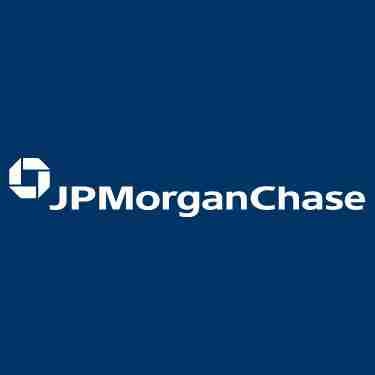Credit unions got a big reputational boost during the financial crisis, as banking customers protested what in their eyes were reckless lending practices that led to massive bailouts of traditional banks. Especially in the aftermath of the crisis, as banks made numerous attempts to raise fees to recoup losses, many bank customers fled to credit unions for relief.
Yet now, banks are trying to fight back. In Congress, bank lobbyists are waging a battle against credit-union supporters over whether credit unions should continue to benefit from a tax exemption they’ve had ever since the Great Depression.

Put simply, banks think it’s unfair that they have to pay taxes while credit unions don’t. Banks are treated just like any other profit-making enterprise, and get taxed accordingly. In the case of the biggest banks, those tax bills can be truly massive. JPMorgan Chase & Co. (NYSE:JPM) has allowed for income-tax provisions of $8.9 billion on its balance sheet over the past 12 month. Wells Fargo & Co (NYSE:WFC)‘s tax provisions have been even greater, at $9.7 billion.
By contrast, credit unions pay no federal tax. With their structure as member-owned cooperatives, credit unions plow their profits back into their banking products, offering higher interest rates on their deposit accounts, and lower rates on loans.
A patchwork of tax rules
Both banks and credit unions have strong arguments for their respective positions. But the sad truth is that similar disparities exist throughout the tax code. Consider the following:
In the educational industry, most traditional colleges and universities are exempt from tax. But for-profit educational providers do pay federal tax on their profits. Apollo Group Inc (NASDAQ:APOL), which operates the University of Phoenix, made provisions for almost $200 million in income-tax expense over the past year. Some tax advocates have suggested taxing the endowment income of large universities, which currently falls under their tax exemptions. Using Yale’s $19 billion endowment as an example, returns of 4.7% in its most recently reported fiscal year would equate to roughly $900 million in potentially taxable income.
In the health-care business, many hospitals are structured as tax-exempt charitable organizations. Yet, some have argued that, under Obamacare, the number of uninsured patients will drop enough to make it difficult for tax-exempt hospitals to provide enough care to uninsured patients to meet state regulations governing their charitable status. Private hospital owner HCA Holdings Inc (NYSE:HCA) made provisions for $820 million in income-tax expenses over the past 12 months.





